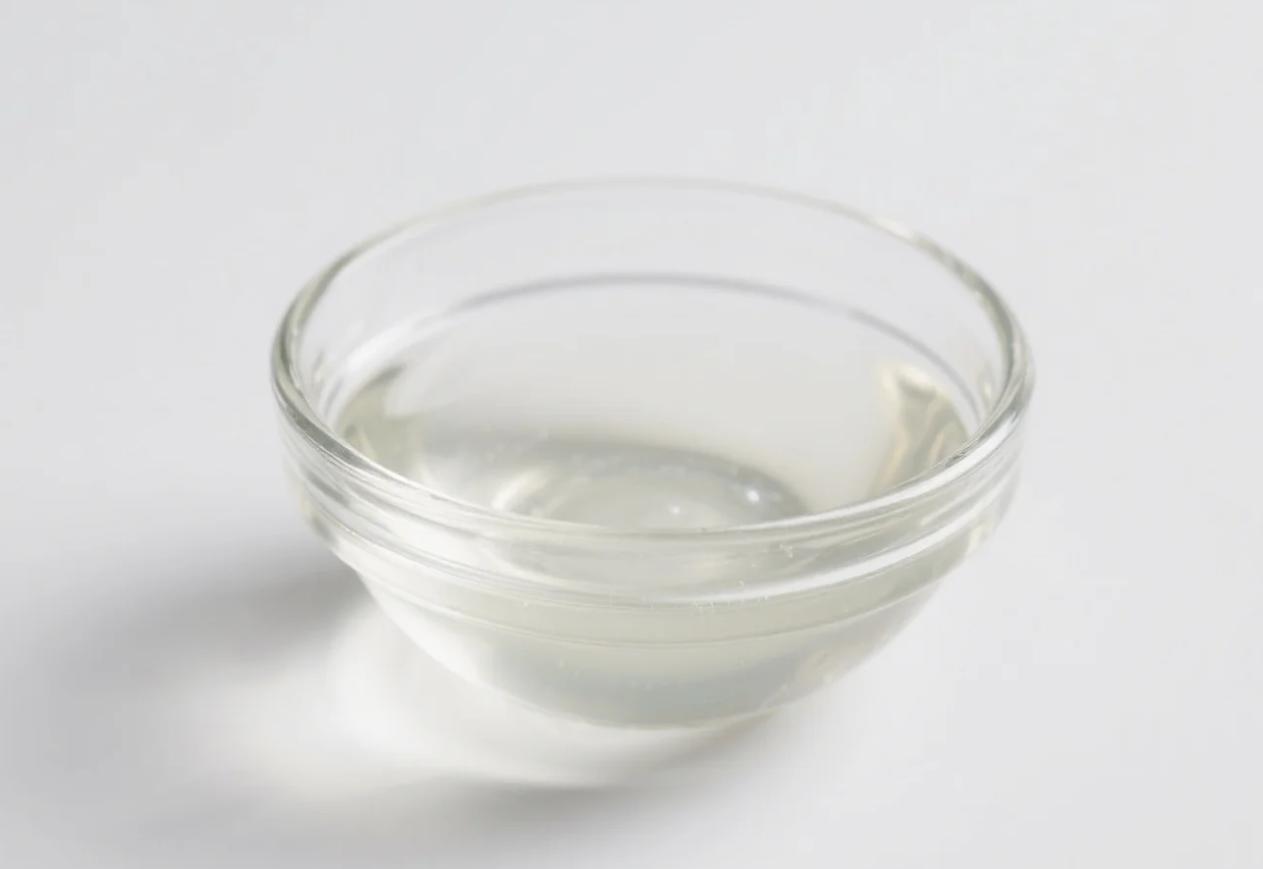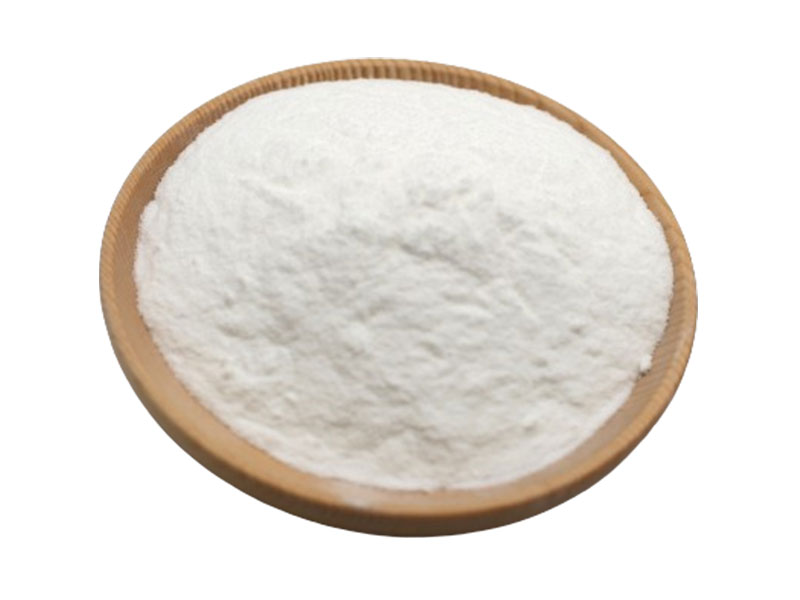The Sweetener Debate: Unmasking the Glucose vs. Fructose Divide
As consumers rebel against hidden sugars, the showdown between organic glucose syrup and high-fructose corn syrup (HFCS) intensifies. While both sweeteners originate from corn, their metabolic impacts diverge drastically. Is glucose syrup truly the lesser evil—or even a health-conscious choice? Let’s dissect the science.

1. Chemical Breakdown: Glucose vs. Fructose
- Organic Glucose Syrup:
- Pure glucose (C₆H₁₂O₆), the body’s primary energy currency.
- Directly absorbed into the bloodstream for immediate ATP production.
- Glycemic Index (GI): 100 (rapid energy, ideal for athletes).
- High-Fructose Corn Syrup (HFCS):
- Blend of 55% fructose + 45% glucose (HFCS-55).
- Fructose metabolized solely in the liver, driving de novo lipogenesis (fat production).
- GI: 75–87, but fructose causes insulin resistance and fatty liver disease.
Key Fact: The World Health Organization links excess fructose to 30% higher NAFLD risk vs. glucose.
2. Health Impacts: Why Glucose Syrup Wins
Liver Health
- HFCS: Fructose overload strains the liver, increasing triglycerides and visceral fat.
- Glucose Syrup: Zero fructose. Supports glycogen storage without fatty liver risk.
Metabolic Safety
- HFCS: Fructose disrupts leptin signaling, promoting overeating and obesity.
- Glucose Syrup: Triggers insulin release naturally, aiding appetite regulation.
Dental & Gut Health
- HFCS: Fructose feeds harmful oral bacteria and gut pathogens like E. coli.
- Glucose Syrup: Less cariogenic; no preferential pathogen fueling.
3. The Organic Advantage: Beyond Basic Glucose
Conventional glucose syrup often comes from GMO corn treated with glyphosate. Organic certification ensures:
- Non-GMO & Pesticide-Free: Protects liver enzymes from chemical interference.
- Clean Enzymatic Processing: Uses natural barley enzymes, avoiding synthetic residues.
- Sustainable Farming: Organic cornfields use 30% less water and sequester 2x more carbon.
4. Head-to-Head: Glucose Syrup vs. HFCS
| Factor | Organic Glucose Syrup | HFCS |
|---|---|---|
| Fructose Content | 0% | 55% |
| Metabolic Burden | Direct ATP energy | Liver fat production |
| Dental Risk | Moderate (less than sucrose) | High (fructose feeds bacteria) |
| Environmental Cost | Low water use, regenerative | High runoff pollutes waterways |
5. Smart Applications: Where Organic Glucose Shines
- Sports Nutrition: Rapid glycogen replenishment in energy gels and recovery drinks.
- Baking: Caramelizes at 160°C (320°F), perfect for crusty artisanal breads.
- Functional Foods: Base for electrolyte blends and IV hydration solutions.
Pro Tip: Blend with organic maltodextrin for sustained energy release.
6. The Verdict: Glucose Syrup—A Safer, Cleaner Choice
While both sweeteners are calorie-dense, organic glucose syrup lacks HFCS’s fructose-driven dangers. By choosing organic, you avoid GMOs, pesticides, and environmental harm—making it the clear winner for mindful consumers and manufacturers.
Sweeten with Clarity, Not Compromise
In the battle against metabolic dysfunction, organic glucose syrup emerges as a transparent, liver-friendly alternative to HFCS. It’s not just about avoiding harm—it’s about choosing a sweetener that aligns with holistic health and planetary stewardship.
Fuel smarter. Choose organic.
Related Products
Organic Glucose Syrup
Natural Sweetener & Functional Ingredient for Food, Beverage & Confectionery
Organic Maltodextrin Powder
Versatile Clean-Label Carbohydrate for Food, Beverage & Nutraceutical Applications

